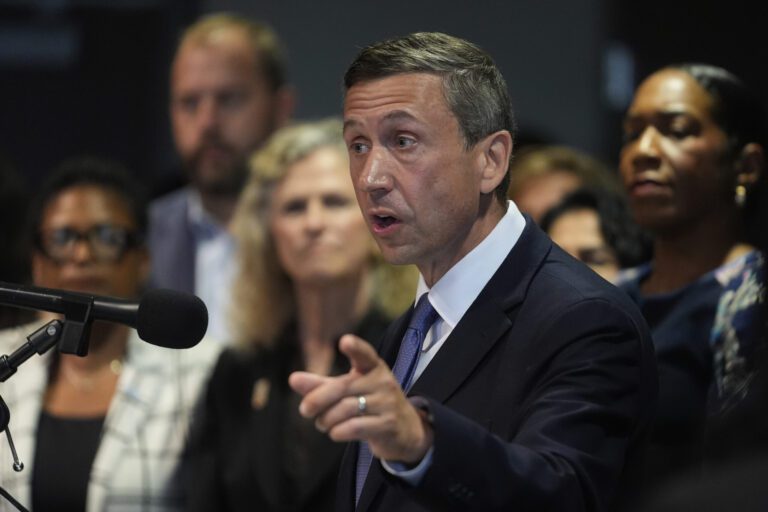Democratic National Committee Rebuffs Arms Embargo on Israel Amid Tensions
Introduction
In a significant showdown during the Democratic National Committee’s (DNC) summer meeting, a resolution advocating for an arms embargo on Israel faced stiff opposition and was ultimately defeated. This debate highlighted the party’s internal divisions regarding the ongoing Israeli-Hamas conflict, with members opting to delay any alternative resolutions for further discussions.
Key Highlights from the DNC Meeting
-
Resolution Defeated: The proposal for an arms embargo, introduced by Florida delegate Allison Minnerly, was rejected after a heated discussion. Minnerly emphasized the need for the resolution due to younger Democrats’ concerns, noting that less than 10% of party members support the current stance.
-
Concerns Over Policy: Minnerly’s resolution was crafted after consultations with Palestinians and those impacted by the humanitarian crisis in the region. She described it as both "straightforward and enforceable."
- Opposing Views: DNC members raised significant concerns regarding the resolution. California delegate Harini Krishnan highlighted the lack of mention of Hamas, labeling it a terrorist organization and asserting the need for a balanced approach to a cease-fire.
Amendments and Counterarguments
-
Amendments Proposed: Colorado delegate Stephanie Beal introduced an amendment that would limit the proposed embargo to "offensive" weapons and called for the return of all hostages held by militant groups.
- Defense vs. Offense: Otto Lee, also from California, reaffirmed the necessity of continuing to supply Israel with defensive weapons, sharing his firsthand experiences as a soldier in Iraq facing similar threats.
Internal Party Dynamics
Before the meeting, an advocacy group expressed serious concerns about the arms embargo proposal. The Democratic Majority for Israel warned that such a resolution could deepen divisions in the party and inadvertently benefit Republicans in upcoming elections.
- Opposition Statement: Brian Romick, CEO of the Democratic Majority for Israel, criticized the resolution for failing to acknowledge the violence perpetrated by Hamas on October 7 and stressed that an arms embargo would "prolong the war and extend suffering."
Withdrawal of Alternate Resolution
Following the discussions, DNC chair Ken Martin decided to withdraw his own more moderate resolution, which had called for a cease-fire and had received unanimous approval earlier. He noted that the party needed additional time to evaluate its stance on the Israeli-Hamas conflict.
The Need for Aid
Martin emphasized the necessity of providing essential aid to Gaza, stating that 44 Senate Democrats had recently signed a letter calling for a significant expansion in humanitarian aid. He expressed the importance of recognizing the complexity of the conflict and advocated for a long-term peace established through a two-state solution.
Conclusion
The recent DNC meeting underscores substantial divisions within the party regarding its response to the Israeli-Hamas conflict. As discussions continue, the need for a unified yet nuanced approach to foreign policy remains paramount for Democrats moving forward.
For more in-depth analysis on the Israeli-Palestinian conflict, consider exploring sources like The Forward or visit The Brookings Institution for comprehensive reports.


